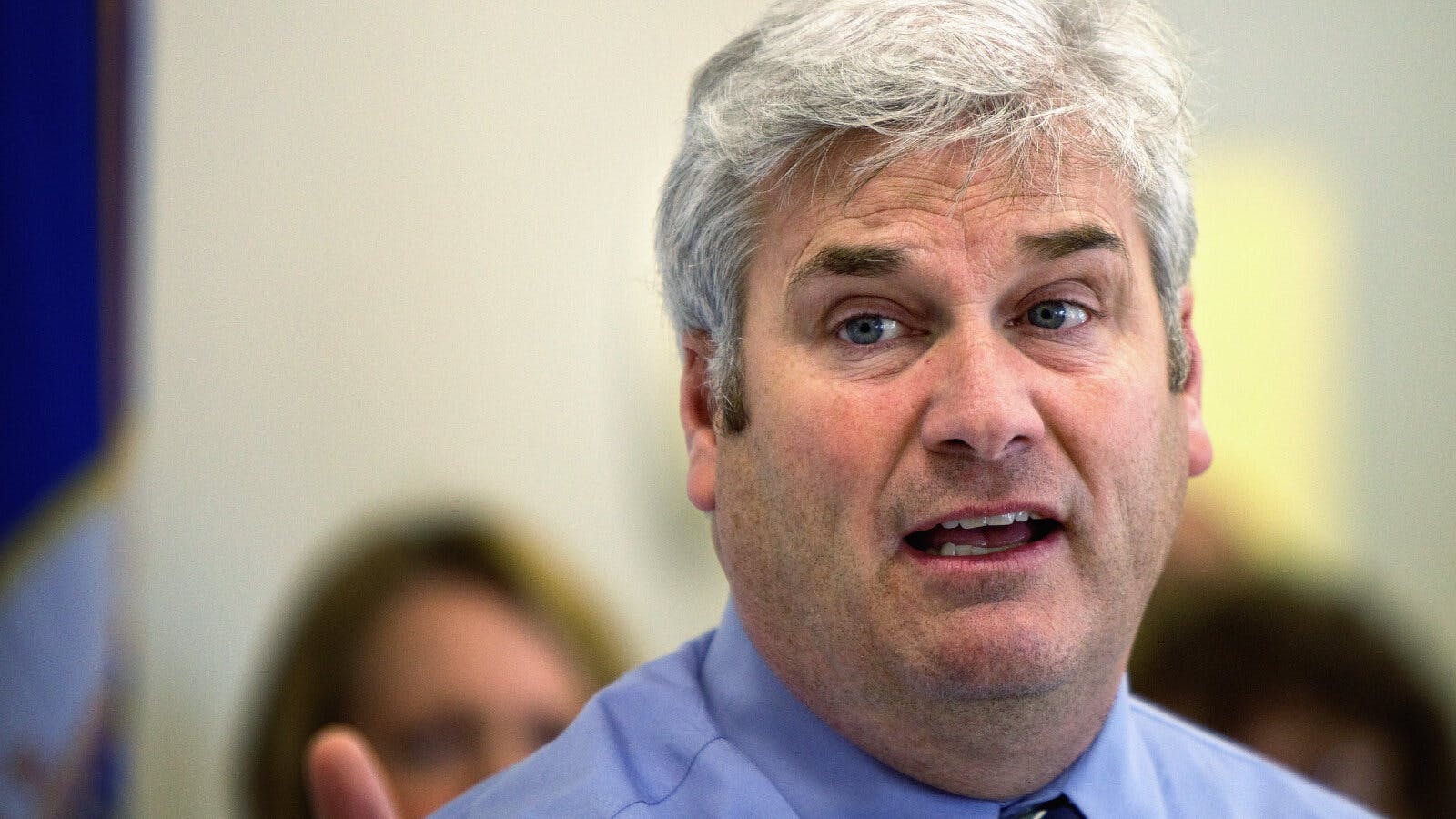CBDC Will Give Private Players Unfair Advantage, US Reps Warn
One CBDC initiative is primed to make commercial banks the unfit beneficiary of government research, politicians say

US Rep. Tom Emmer, R-Minn. | Al Mueller/Shutterstock.com
A number of US representatives are concerned a government-funded central bank digital currency project will be sold to commercial banks.
Reps. Tom Emmer, R-Minn., and Patrick McHenry, R-N.C., drafted a letter to Susan Collins, head of the Federal Reserve Bank of Boston, Thursday to express concerns over the New York Fed’s Project Hamilton and related privacy issues.
“It has come to Congress’s attention that some firms participating in Project Hamilton intend to use government resources from the project to design a CBDC with the intent to then sell those products to commercial banks,” a Thursday statement from Emmer’s team said.
Project Hamilton, a joint venture between the Boston Fed and MIT, is primarily focused on developing a retail digital dollar and corresponding payment channels. The team completed the first phase of the project in February, when researchers said the concept is scalable and the technology feasible.
Project Hamilton is giving certain private sector players an unfair advantage — as they would have exclusive access to government-funded research and initiatives — the representatives argued. Emmer and McHenry are requesting more information about the involvement of private sector partners.
“The letter also asks how the Fed plans to address concerns that many have regarding the dangers a CBDC could pose to financial privacy and financial freedom, which were the subject of over 65% of the letters in response to the Fed’s January 2022 report on CBDCs,” Emmer representatives said.
CBDC projects in the US have shown signs of progress in recent months. The New York Fed and the New York Innovation Center (NYIC) have partnered on a separate CBDC-related project, known as Project Cedar, which researches what a CBDC might look like in the US and what potential use cases it may have.
Project Cedar’s phase one results, released in November, show that blockchain and distributed ledger technology allowed for foreign exchange spot settlements to complete in under ten seconds, the NYIC said, showing potentially revolutionary real-world use cases for CBDCs.
“Currently, cross-border transactions function well, but there are opportunities for improvement,” the NYIC said in its report. “In general, it takes around two days for a [foreign exchange] spot transaction to settle.”
Get the news in your inbox. Explore Blockworks newsletters:
- The Breakdown: Decoding crypto and the markets. Daily.
- 0xResearch: Alpha in your inbox. Think like an analyst.






